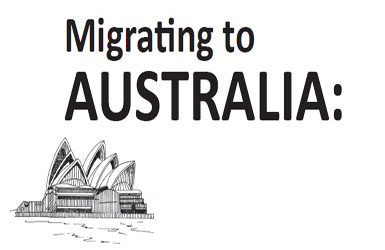Germany Work Visa Processing Time, Cost & Requirements (2026 Update)
Germany has always had a reputation for efficiency, engineering excellence, and strong worker protection. But in recent years, something else has made it even more attractive: a growing demand for foreign workers across almost every major sector. From IT and engineering to healthcare, construction, and skilled trades, German employers are actively looking beyond their borders. […]







